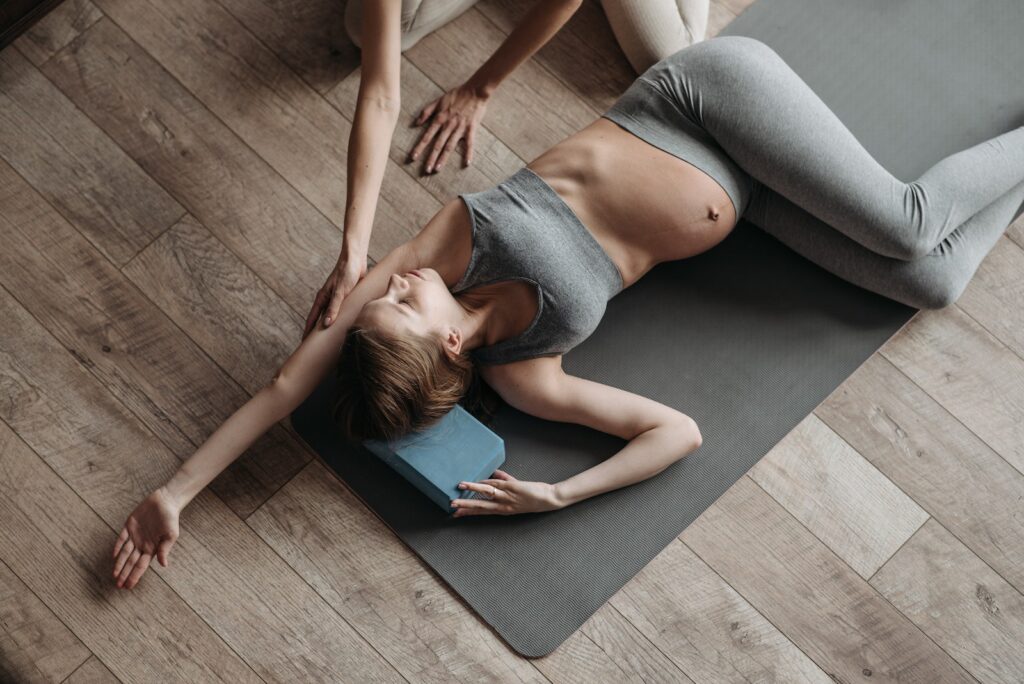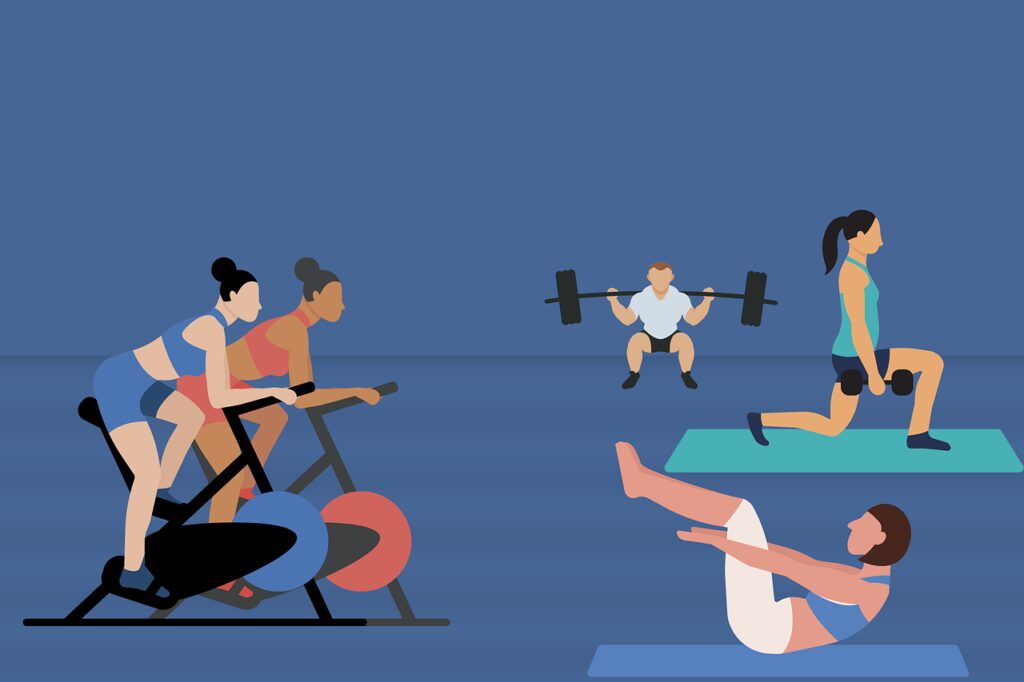Physiotherapy plays a key role in the health and well-being of women. There is a growing awareness that women’s bodies require specialized care and attention, and physiotherapy provides an ideal solution.
Women’s health physiotherapy offers a comprehensive approach to promoting optimal health, providing treatment and prevention of injury and illness, and enabling women to stay active and healthy.
In addition, pelvic floor physiotherapy can help improve women’s quality of life and allow them to engage in activities they otherwise might not have been able to participate in. Ultimately, women’s health physiotherapy can empower women to take control of their health and well-being.
This blog post will explore the various aspects of women’s health physiotherapy and discuss how it can benefit women of all ages. A better understanding of women’s specific needs can help them stay healthy and active.

Pelvic health physiotherapy
A pelvic health physiotherapy is an invaluable tool for women’s health. Pelvic health physiotherapy focuses on diagnosing, assessing, and treating disorders of the pelvic floor muscles. This includes conditions like pelvic pain, urinary and fecal incontinence, and prolapse.
Through various treatments, such as manual therapy, ultrasound, biofeedback, and education, a pelvic health physiotherapist can help reduce pain, improve urinary and bowel continence, and restore normal physical functioning.
Pelvic health physiotherapy can also be used to treat post-partum issues, such as diastasis recti (separated abdominal muscles) and pelvic floor dysfunction.

Post-pregnancy physiotherapy
Post-pregnancy physiotherapy is an important part of women’s health care. It is designed to help women, especially those with a C-section, return to their pre-pregnancy physical condition.
Physiotherapy can help reduce back pain and other pain, restore strength, and improve mobility. It can also help to repair muscle tissue, improve posture, and reduce stress.
In addition, post-pregnancy physiotherapy can help to reduce the risk of complications after childbirth and improve women’s overall health and well-being.
Incontinence management
Incontinence management is an important part of women’s health physiotherapy. Incontinence can be caused by several factors, including weakened pelvic floor muscles, urinary tract infections, medication side effects, and giving birth.
Incontinence management is focused on strengthening the pelvic floor muscles, which can be done through various exercises.
Additionally, lifestyle changes, such as reducing caffeine intake, quitting smoking, and avoiding foods and drinks that irritate the bladder, can also help manage incontinence.
Finally, using bladder training devices can also help reduce the number of incontinence episodes.

Pain management
Pain management is an important part of women’s health physiotherapy. Women may be experiencing chronic pain due to conditions such as endometriosis, fibromyalgia, arthritis, or other musculoskeletal issues.
Physiotherapists can work with women to develop an individualized treatment plan to reduce pain, improve function, and reduce the risk of long-term complications.
Treatment plans may include education on lifestyle modifications, exercise therapy, manual therapy, and pain management techniques such as heat and cold therapy, trigger point release, and relaxation techniques.
Pelvic floor rehabilitation
Pelvic floor rehabilitation is a type of physical therapy that helps strengthen the pelvic floor muscles. This is especially beneficial for women who have recently given birth and are experiencing incontinence or other issues that may be related to weakened pelvic floor muscles.
Pelvic floor rehabilitation can also be helpful for those who have prolapse and other pelvic health issues. Treatment may be in the form of exercises, electrical stimulation, and biofeedback.
In addition, pelvic floor rehabilitation can help to improve bladder and bowel control, decrease pain, and improve sexual function.
In conclusion, women’s health physiotherapy is a specialized area of practice that is growing in recognition and providing vital support to women of all ages.
Women’s health physiotherapists are highly trained to assess and treat any female body-related issues, from the pelvic floor and core muscle issues to menopause and post-pregnancy issues. With the right treatment, women can lead healthier, more comfortable lives.
